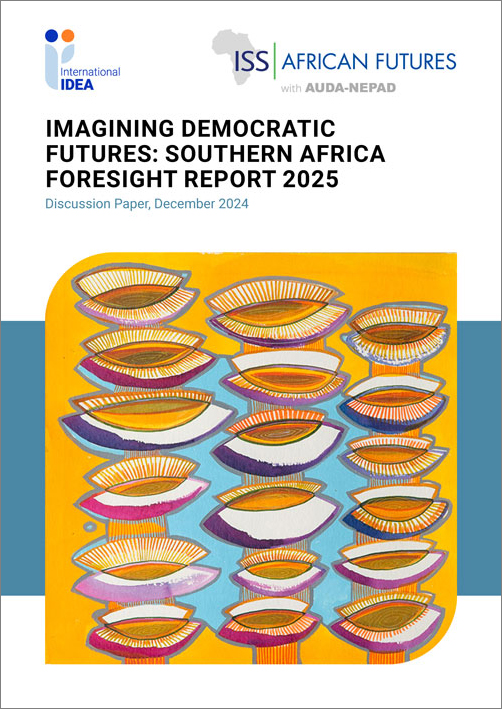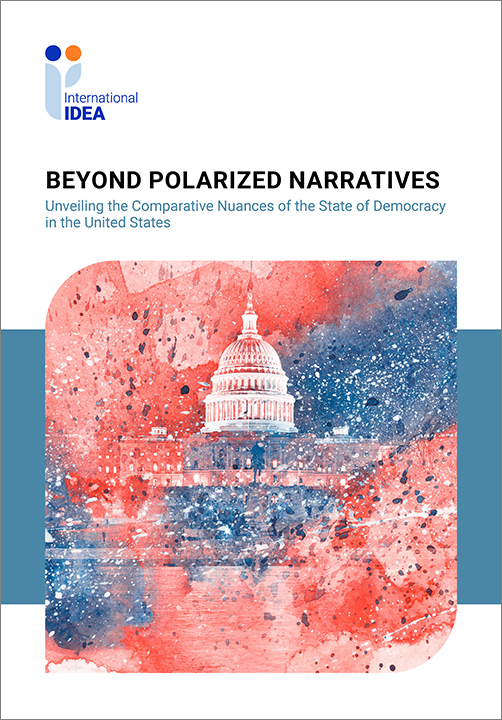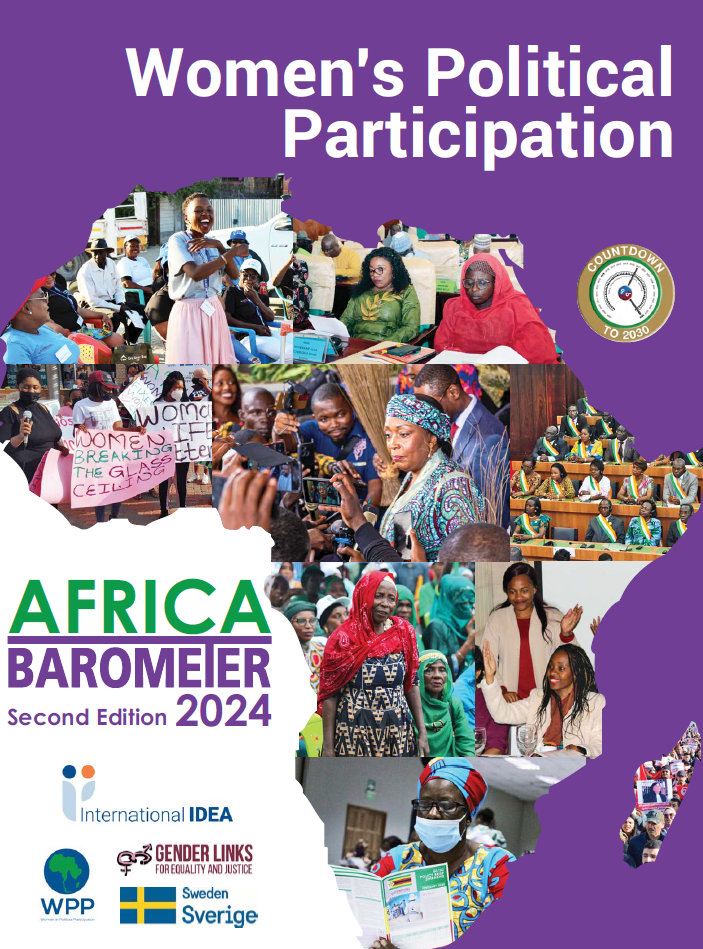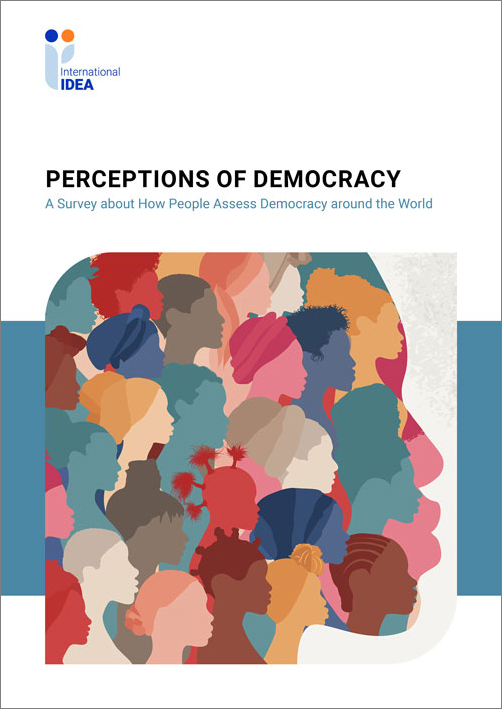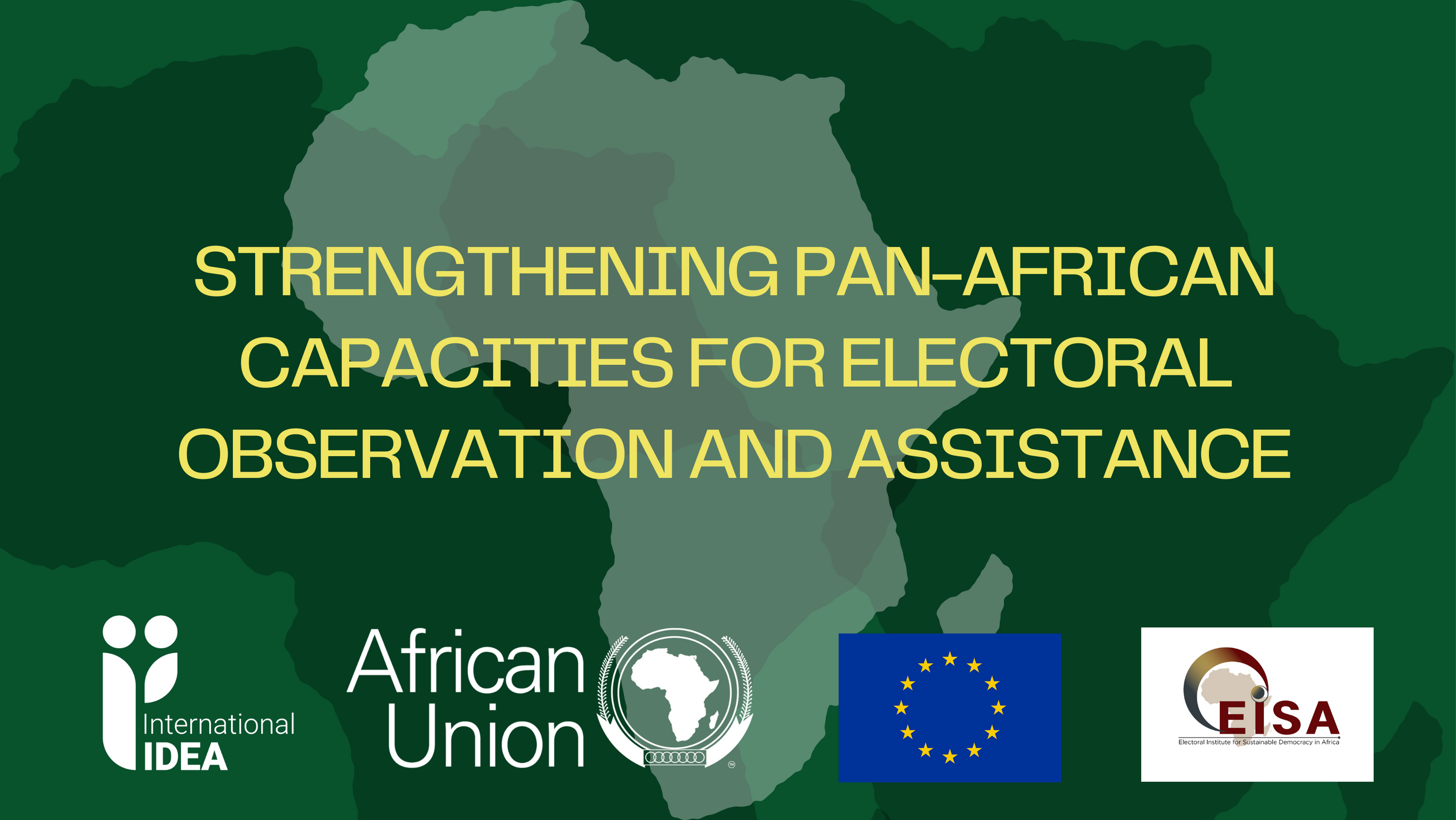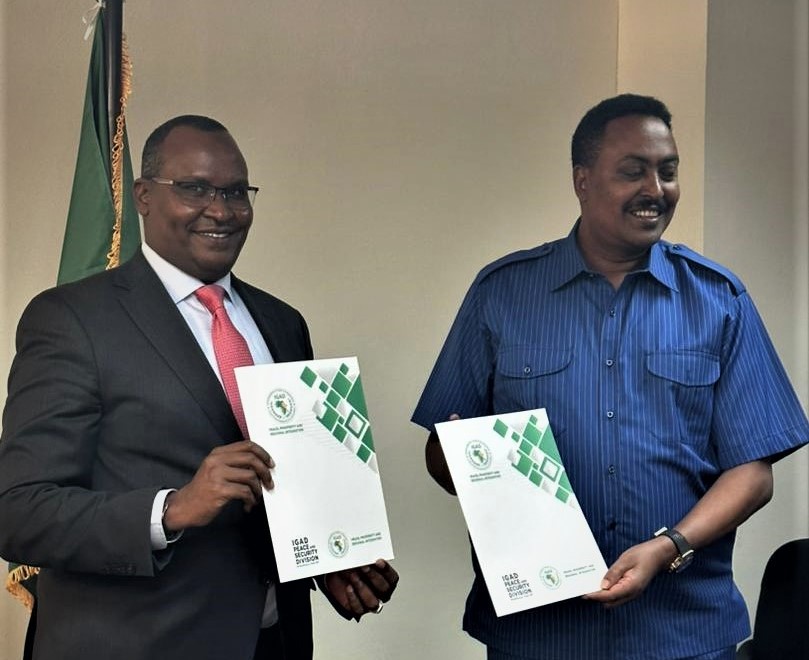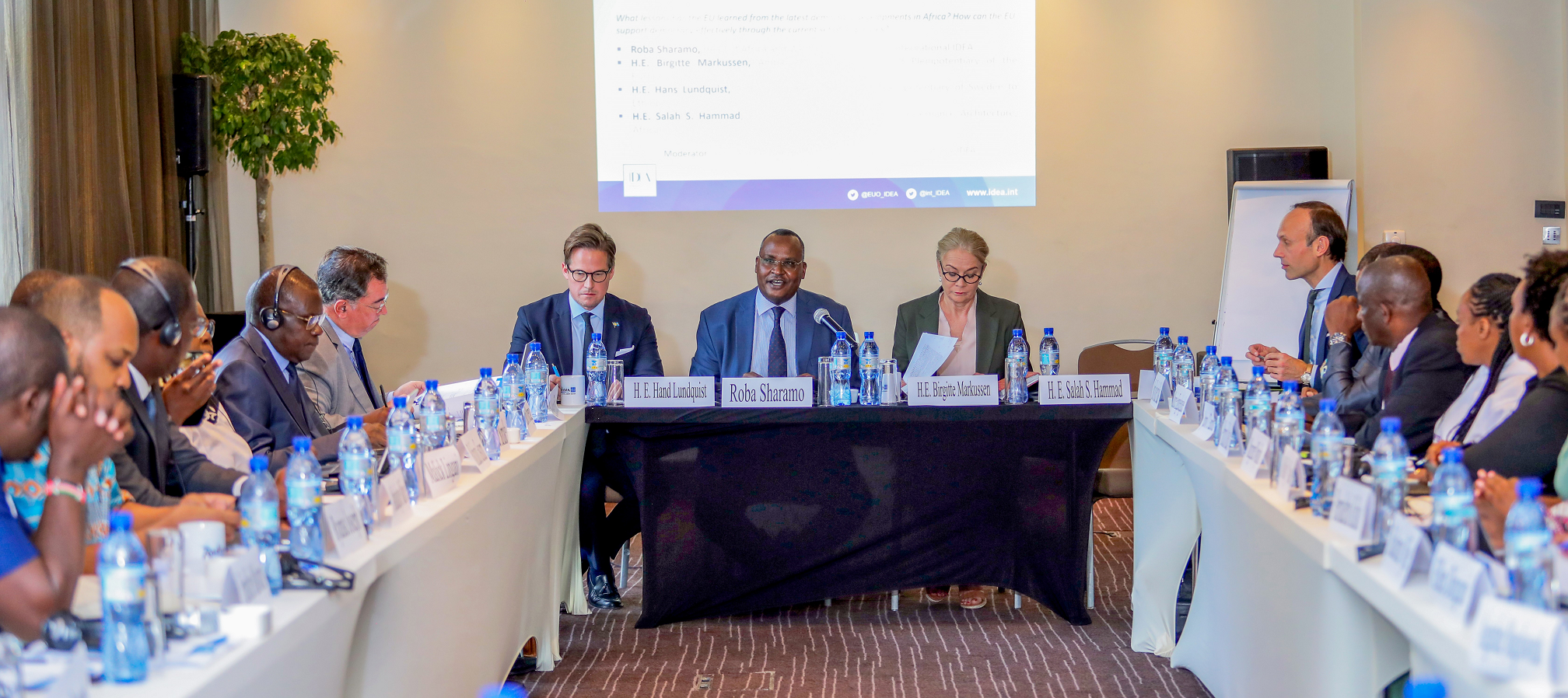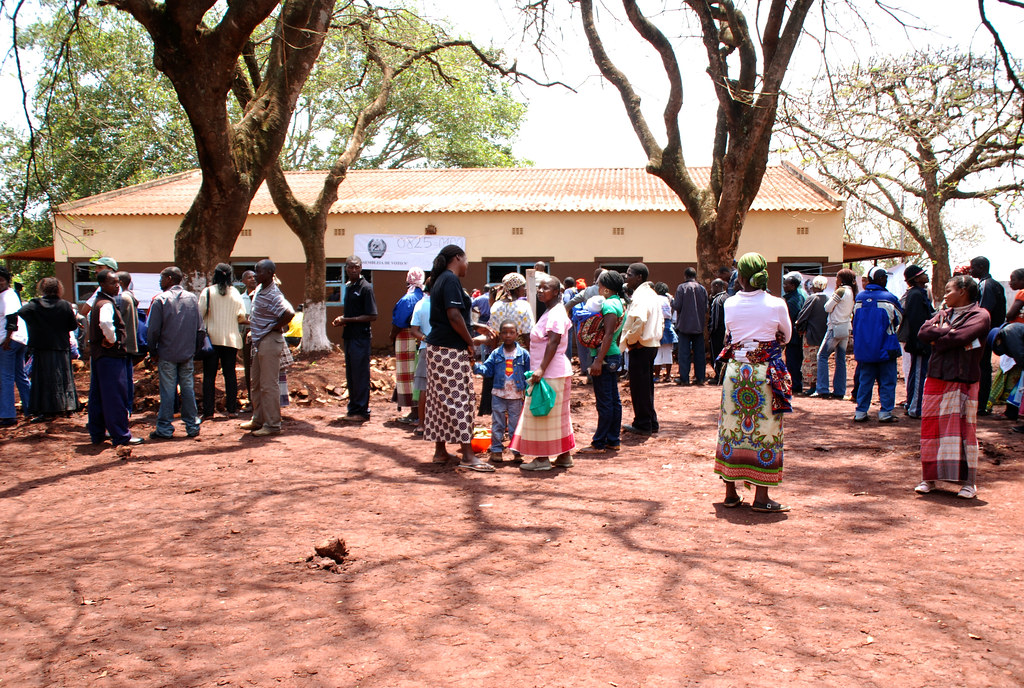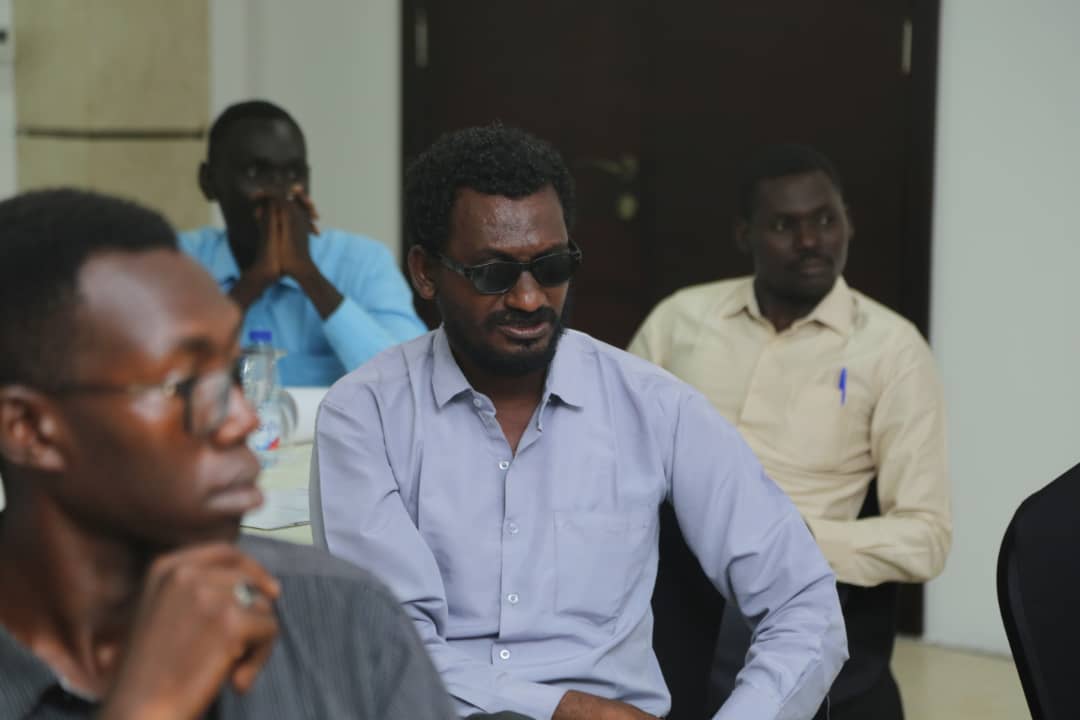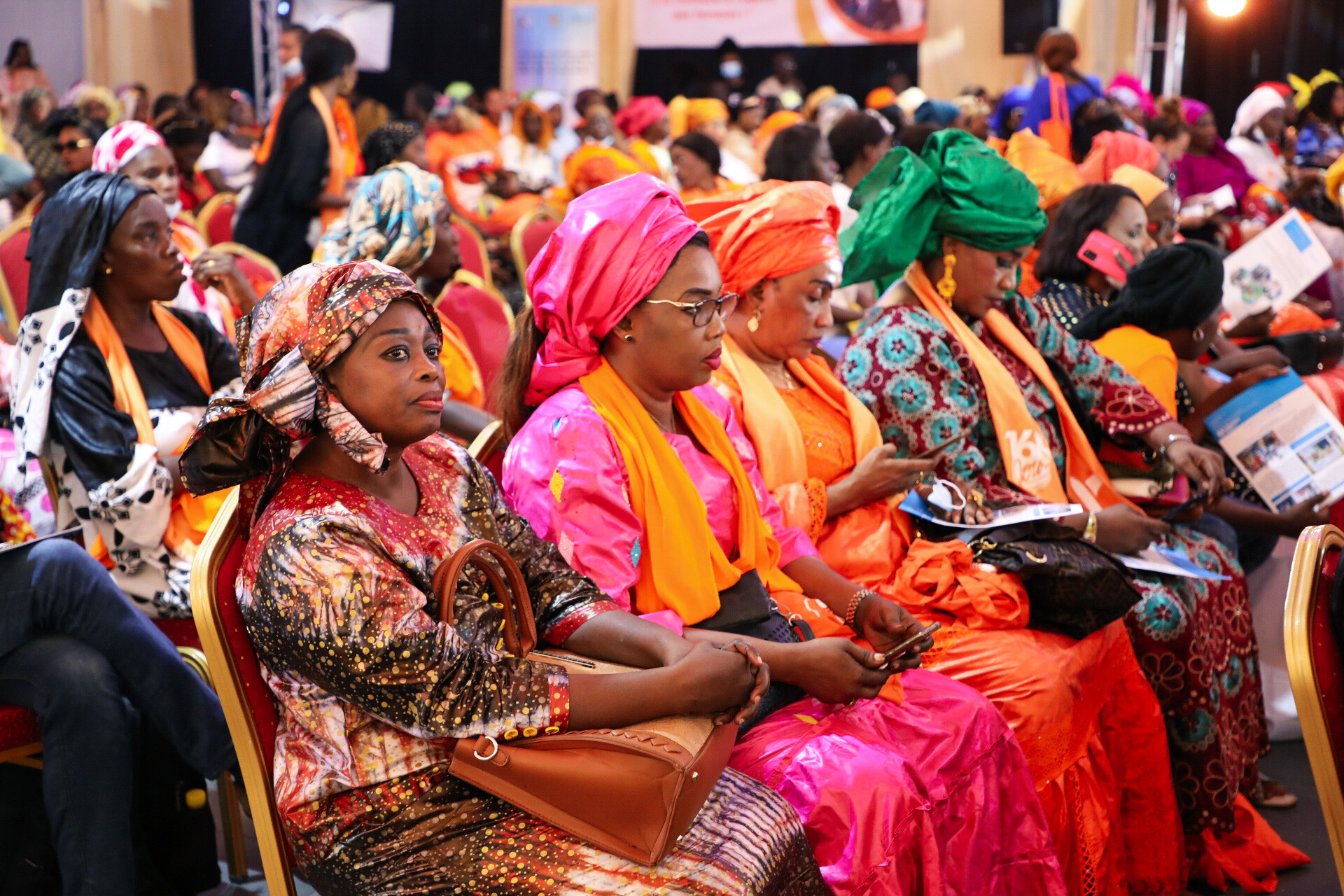The role of customary governance systems for local democracy, good governance and service delivery: The case of Ghana
Local governance, decentralization and democracy are key components of the traditional Ghanaian institution of chieftaincy.
In the past this institution engendered participatory democracy, good governance and social protection, but it is currently challenged by the formal decentralization of public administration. Although the institution has remained intact, its functions have gone through several paradigm shifts during both the colonial and post-independence eras of Ghana.
While it does not currently form part of the formal local government administration structure, it maintains an informal and sacrosanct niche in local governance. The roles of the chieftaincy institution need to be redefined and clarified within the nexus of traditions, demands of good governance and modern local democracy to enable it to provide a complementary conduit for effective and efficient local governance for development.
This paper was presented at International IDEA’s Panel on Local Democracy at the ‘Public Administration and Governance: Tradition and Transformation’ Conference, held at the University of the Philippines National College of Public Administration and Governance in Manila, on 27–29 June 2012.
Details
Give us feedback
Do you have a question or feedback about this publication? Leave us your feedback, and we’ll get back to you
Send feedbackThe role of customary governance systems for local democracy, good governance and service delivery: The case of Ghana

| Total views | 4087 |
|---|---|
| Downloads | 22 |
| Rating |
Give us feedback
Do you have a question or feedback about this publication? Leave us your feedback, and we’ll get back to you
Send feedback